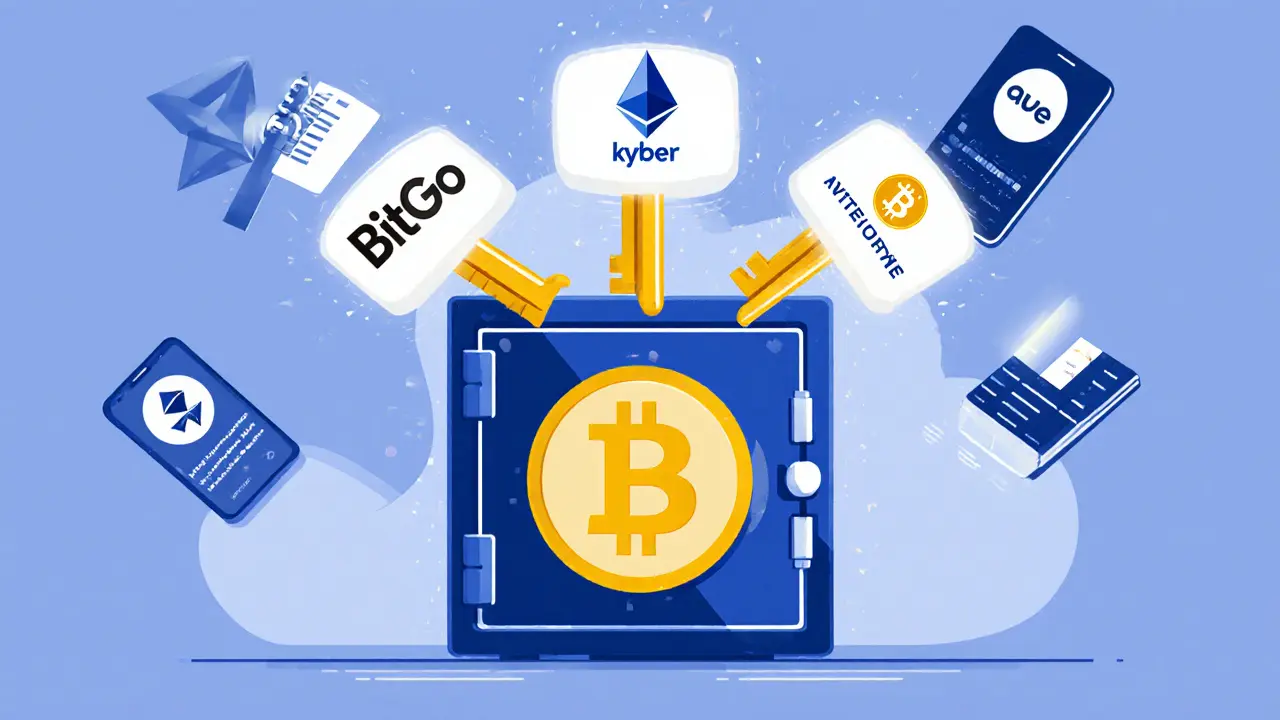DeFi Custody: Who Holds Your Crypto and Why It Matters
When you use a decentralized finance (DeFi) app, DeFi custody, the system that decides who controls your crypto assets. It’s not about where your coins are stored—it’s about who has the keys. If you don’t hold them, you don’t own your money. This is the core truth behind every DeFi wallet, exchange, and protocol. You might think using a DEX like Uniswap or a lending platform like Aave means you’re in control. But if you’re depositing funds into a smart contract managed by someone else’s infrastructure, you’re trusting their setup. That’s not DeFi custody—that’s just a different kind of bank.
Self-custody, the practice of holding your own private keys without intermediaries. It’s the only way to truly own your crypto. When you use a non-custodial wallet like MetaMask or Phantom, your assets stay on the blockchain under your control. No one can freeze them. No one can take them. No one can change the rules. But if you use a platform that says "deposit and earn," you’re handing over custody. That’s not DeFi—it’s CeFi with a blockchain label. And when things go wrong—like the collapse of FTX or the freezing of funds on a poorly coded DEX—you’re left with no recourse. Real DeFi custody means you’re the sole signer. No middlemen. No backups. No safety nets. Just you and your seed phrase.
Non-custodial wallets, tools that let users control their own keys without relying on third parties. They’re the foundation of true DeFi. But they’re not magic. They require responsibility. Lose your phrase? Gone. Send to the wrong address? Gone. Fall for a phishing site? Gone. That’s why so many people get burned—not because DeFi is risky, but because they confuse convenience with control. The posts below show exactly how this plays out in real platforms: from HB DEX’s limited functionality to Wagmi’s niche use cases, and from SharkSwap’s ghost town liquidity to Coinbook’s outright scams. You’ll see how custody failures lead to lost funds, abandoned platforms, and broken trust. You’ll also see what happens when users finally take control—like with Ethereum-based DEXes that let you swap directly from your wallet without depositing anything. That’s the difference.
DeFi custody isn’t a feature. It’s the entire point. If you’re not asking who holds your keys, you’re already at risk. The tools, platforms, and exchanges listed here aren’t just reviews—they’re case studies in control. Some work. Most don’t. And a few are outright traps. You’ll find out which ones let you keep your assets safe, and which ones just make you feel safe while they quietly take them. The next time you click "Connect Wallet," remember: you’re not just logging in. You’re handing over power. Know who has it.
Wrapped Asset Custody and Trust: How Institutional Blockchain Custody Works Today
Wrapped asset custody lets Bitcoin and other coins work on Ethereum DeFi-but it relies on centralized custodians. Here's how it works, who's behind it, the risks, and what's changing in 2025.
Details +